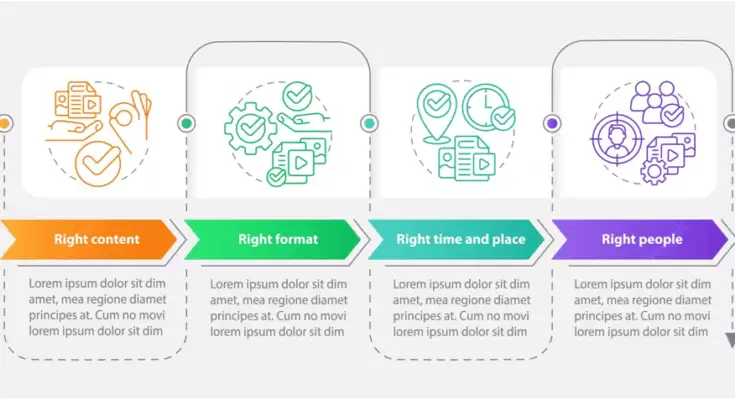The role of procurement specialist has become more important than ever as organizations struggle to keep up with the demand for new products and services. This role is responsible for identifying potential suppliers, negotiating contracts, and monitoring vendor performance after a deal is struck. In this article, you’ll learn what procurement platforms are and why you should care about them.
What is a Procurement Platform?
Aprocurement platformis a web-based application that streamlines the procurement process. It helps buyers and sellers connect and communicate easily. It also helps companies manage their customers, manage their vendor management process, track performance, and monitor their costs. This makes it easier to find the right suppliers and initiate a more efficient supply chain.
Why it Matters
If you’re in charge of buying goods and services for your company, procurement software can be a godsend. The process of finding suppliers, negotiating contracts, and monitoring vendor performance after a deal is struck is intricate and complicated. As the pace of a business increases, buying goods and services will become more challenging.
This is where procurement software comes in. With the right software, procurement can be easier, faster, and more efficient. Being in charge of something like procurement can be stressful, but procurement software takes a lot of the stress off the shoulders of the humans involved.
Which software is right for you?
Finding theright softwareis just as important as the software itself. A major factor in what kind of procurement software you should get is your company’s core business. The kinds of supplies and materials you need to procure will help guide you to the right software. Determining budget constraints is another important factor to consider. These are just a few of the questions that will help you determine what procurement software is right for your company.
What Should Be Included In A Proposal Management Platform?
As the head of procurement, you know that your team has many tasks to accomplish. Among them is managing the proposal process. You also know that you need an efficient proposal management (PM) platform. Some good indicators of a good procurement platform are the following: it can manage multiple vendors, it offers full project management features, it has a quote management module, has a timeline and task management module, and has a reporting module.
This question can be difficult to answer, and it’s why a lot of organizations struggle with procurement software selection. Each organization has different needs, and one solution will not be right for every company. It’s important to consider your organization’s core business, industry standards, your needs now, your available resources, and your short-term and long-term goals.
Some Things To Consider When Selecting A Proposal Management Software
- The software should be easy to use and intuitive. You don’t want to spend hours getting familiar with a new platform, you want to be efficient and productive from the start.
- It should be easy to set up and configure. A platform that is difficult to understand or set up will be a hindrance rather than a help to a business. You want to get a system up and running quickly.
- It should be scalable. Scaling refers to being able to add new resources without changing the interface.
- The software should be flexible. You want to be able to make changes as your business changes. Any platform that carves your decisions into stone is a poor choice.
- It should be affordable. You don’t want a system that is too expensive. Going into the search with a price range in mind will make this much easier and help to narrow down the choices to what’s best for your business.
- It should be supported. You want a platform that has a good customer support system. This may be one of the most considerations. Problems with the software can seriously inhibit the work of a business. Responsive customer support in these moments will be paramount.
Final Words
A procurement platform is software that helps buyers and sellers connect and communicate easily. It helps companies manage their vendors, track performance, and manage costs. This makes it easier to find the right suppliers and initiate a more efficient procurement process.
